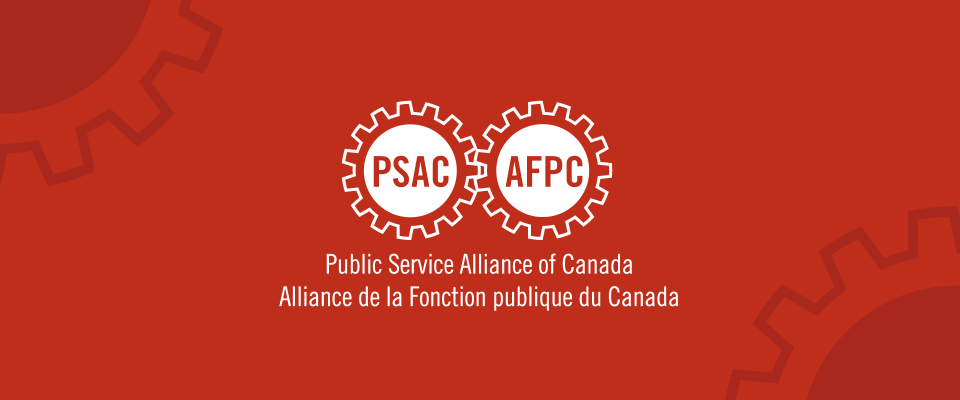A new study by the IRIS Institute highlights fundamental flaws in applying New Public Management (NPM) and lean production to public services.
NPM, a neoliberal concept from the 1980s, was designed to restructure public administration by emphasizing technocracy and results-based management, while lean production was originally developed to enhance efficiency in Japanese auto manufacturing.
Both methods fail to align with the unique needs of public service delivery.
- Download Brief 1 – New Public Management
- Download Brief 2 – Lean production
The effects of applying these methods are wide-ranging and often harmful. One of the most significant impacts is a decline in service quality, as the emphasis on performance metrics oversimplifies complex public needs, making governments less effective at addressing the diverse requirements of their populations.
The hidden cost
For example, lean methods and NPM have been applied to the correctional system with a focus on reducing costs and improving efficiency. This can result in overcrowded facilities, inadequate staffing, and a focus on quantity over quality in rehabilitative services. This harms offenders’ chances of successfully reintegrating into society and increases stress for workers.
In healthcare, measuring success by quick patient turnover can mean patients do not get the care they truly need. The use of performance metrics such as patient wait times can result in healthcare providers focusing on rapid turnover rather than addressing patients' complex medical needs, potentially compromising quality of care.
The shift to performance-based management in public call centers has led to a reduction in service quality, as workers are pressured to meet strict efficiency targets rather than fully address callers' concerns.
Public service workers face mental health challenges due to mounting pressures to meet profit-like efficiency targets. The emphasis on cost-cutting over professional goals can lead to burnout and dissatisfaction, as workers feel disconnected from their core mission.
Reducing citizens to ‘customers’ – with decision-making increasingly driven by technocrats and private entities – shifts governments away from democratic accountability and erodes public participation. This marginalizes democratic processes while making public services less responsive to the needs of vulnerable populations, deepening inequality.
When public services are privatized, outsourcing and public-private partnerships lead to increased costs and reduced reliability, with private entities focusing more on profit margins than the well-being of the public. Profits take priority over services, and everyone, except the corporate shareholders, ends up paying the price.
In a misguided effort to replicate private-sector efficiency, governments worldwide have adopted these approaches for years, always at the expense of public service quality and equity.
This year, without prior consultation, the Liberal government unilaterally announced their plans to cut costs across the federal public service starting in 2025.
Canada can do better
In light of these findings, it is crucial that the Liberal government reassess the application of New Public Management and lean production when delivering public services. Government cuts, when prioritized over service quality, undermine the core purpose of public services and the public good.
An approach that prioritizes service quality, worker well-being, democratic accountability, and long-term societal welfare over short-term financial metrics is essential for creating a more equitable and effective public sector, for the betterment of everyone in Canada.
 Member Login
Member Login



